In partnership with Fast Forward: Women in Photography, Autograph collaborated on a new mentoring programme to support a group of marginalised women to developing visual literacy skills and document their lives. Visual activist, artist and educator Aida Silvestri and Autograph’s Curator, Bindi Vora, created workshops and mentorship activities with the aim to increase awareness of women’s unheard life stories using photography and creative story-telling practices.
Over 16 weeks, they worked with seven women from refugee backgrounds who identify as LGBTQIA+ from the Rainbow Sisters, a network facilitated by the charity Women For Refugee Women. The group took part in 15 sessions, with invited guest speakers including poet Josephine Carter and art therapist Bobby Lloyd. Using images from Autograph's archive including works by Rotimi Fani-Kayode, Zanele Muholi, Aida Silvestri, Joy Gregory, Maxine Walker, Yinka Shonibare amongst others, they considered notions of identity, difference and representation. The project took a participant-centred approach, guided by what the group of women hoped to achieve, with no assumptions made about what the outcomes would be.
This project is funded by the University for the Creative Arts through an ED&I (Equality, diversity and inclusion) Engagement Fellowship awarded to Anna Fox at Fast Forward by the Arts and Humanities Research Council (AHRC), part of UKRI.
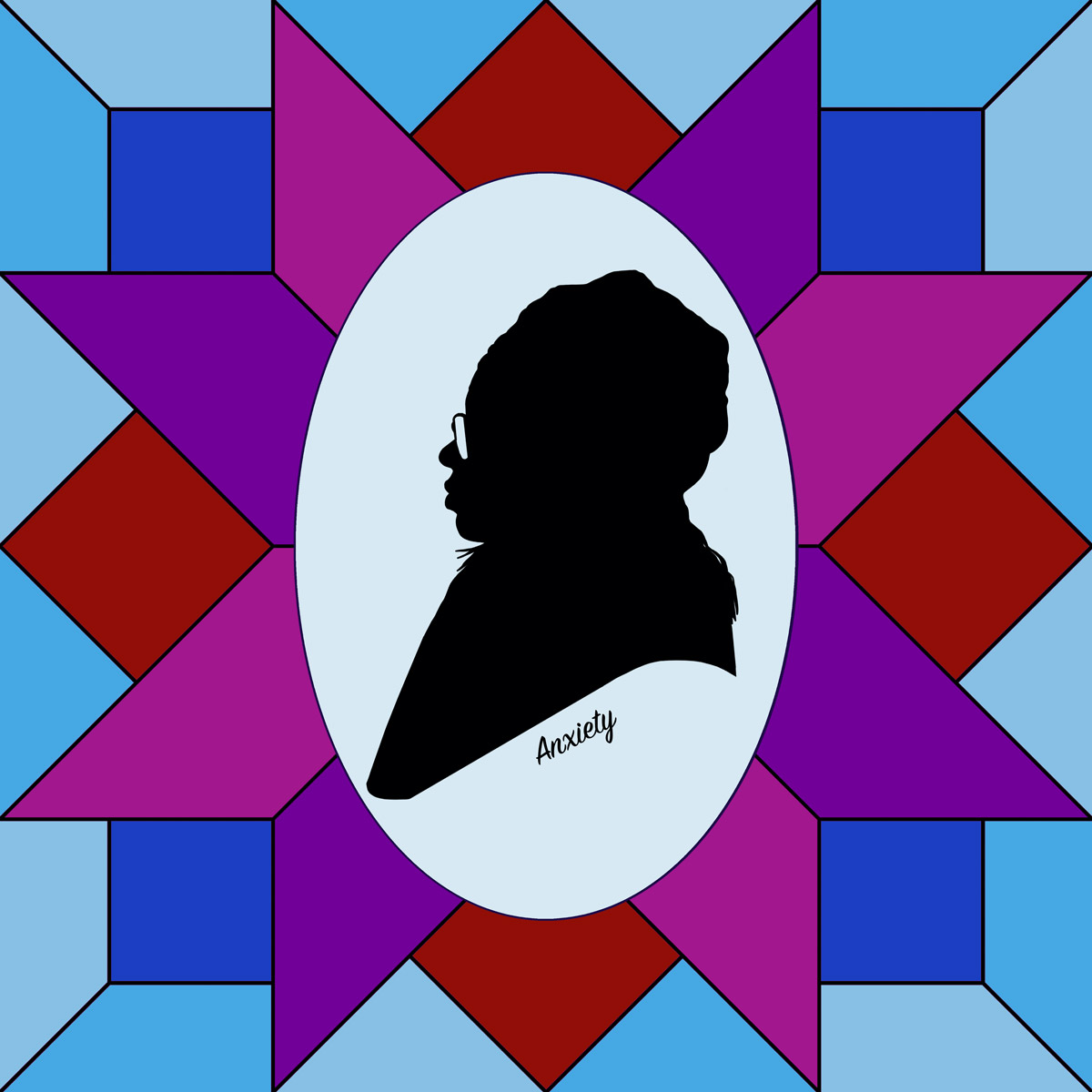
"I was a tomboy, but I was a tomboy who loved makeup. I loved sports and playing around with the guys. But I still chilled with the girls and I wanted to be accepted by the girls. Which actually ended up with me getting bullied by the girls, because me chilling with the guys didn’t sit right with them.
They said I was sleeping with the guys. People couldn’t figure out who I was. Even I couldn’t figure out who I was. So I could not identify or place myself. Now, I want to depict that it is ok not to know who you are sometimes. It’s ok to be everything at the same time and to still be you. It’s ok to be a tomboy and still like makeup. It’s ok to like a guy and still like a woman."
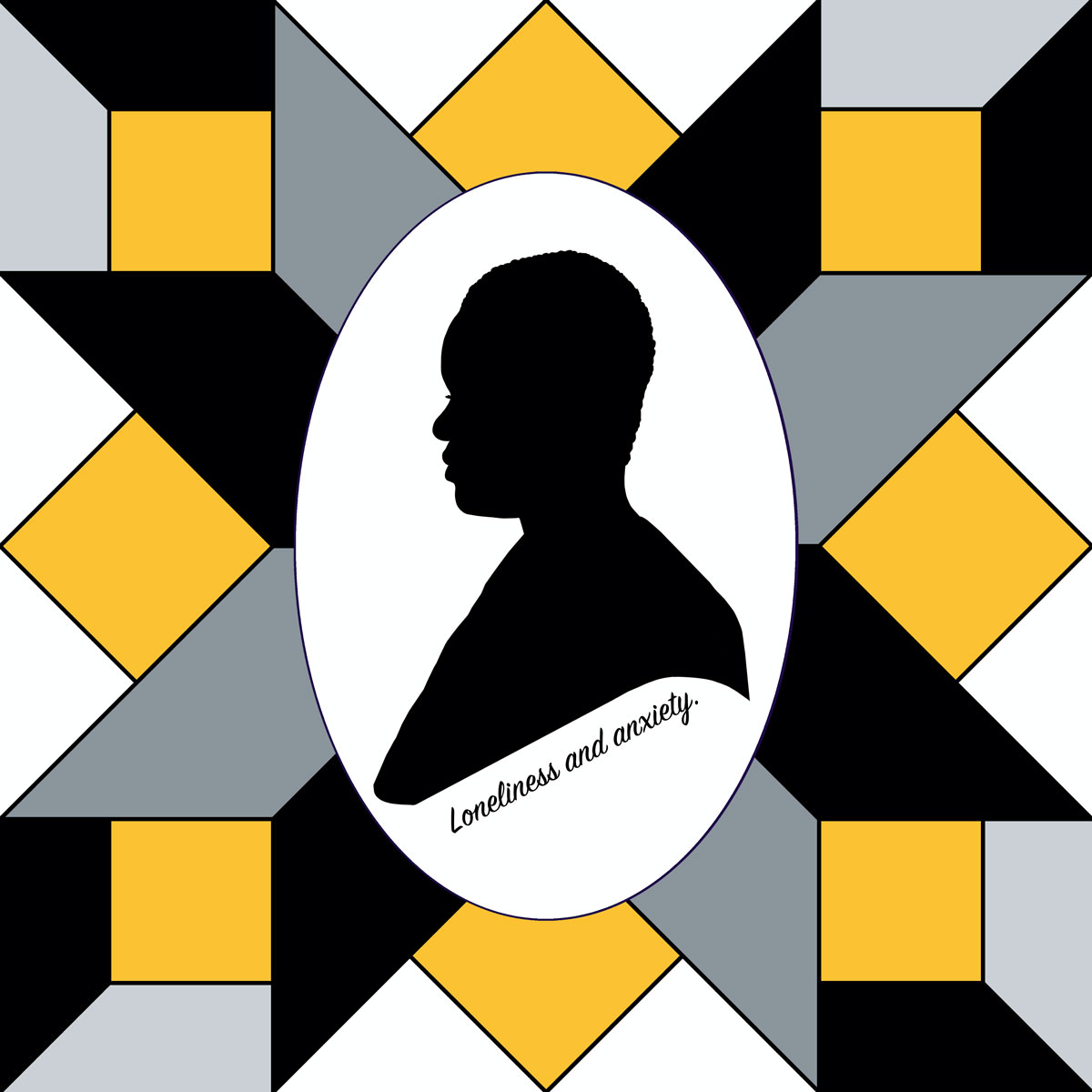
"I come from the western region of Cameroon, from an ethnic group called Bamileke, subdivided into several tribes each under the authority and guidance of a King. We the Bamileke are known as hardworking which make people say we are very rich. But as known, there is no rule without exception; there are also very poor Bamileke.
The Bamileke are also known for their multiple cultural and art festivals also for their diverse range of dishes. Despite being a very big ethnic group, sexuality still remains a taboo. It’s a no-no topic. People are not free to express their sexual feelings, thoughts, attractions etc. I have been a victim of that system, and I think it should change. We are in the 21st century and the fact that I am now in this part of the world makes me feel everyone should be free to talk about feelings without shame or fear. Sexuality is part of us, it is part of what makes us us. It is a very personal but diverse topic."
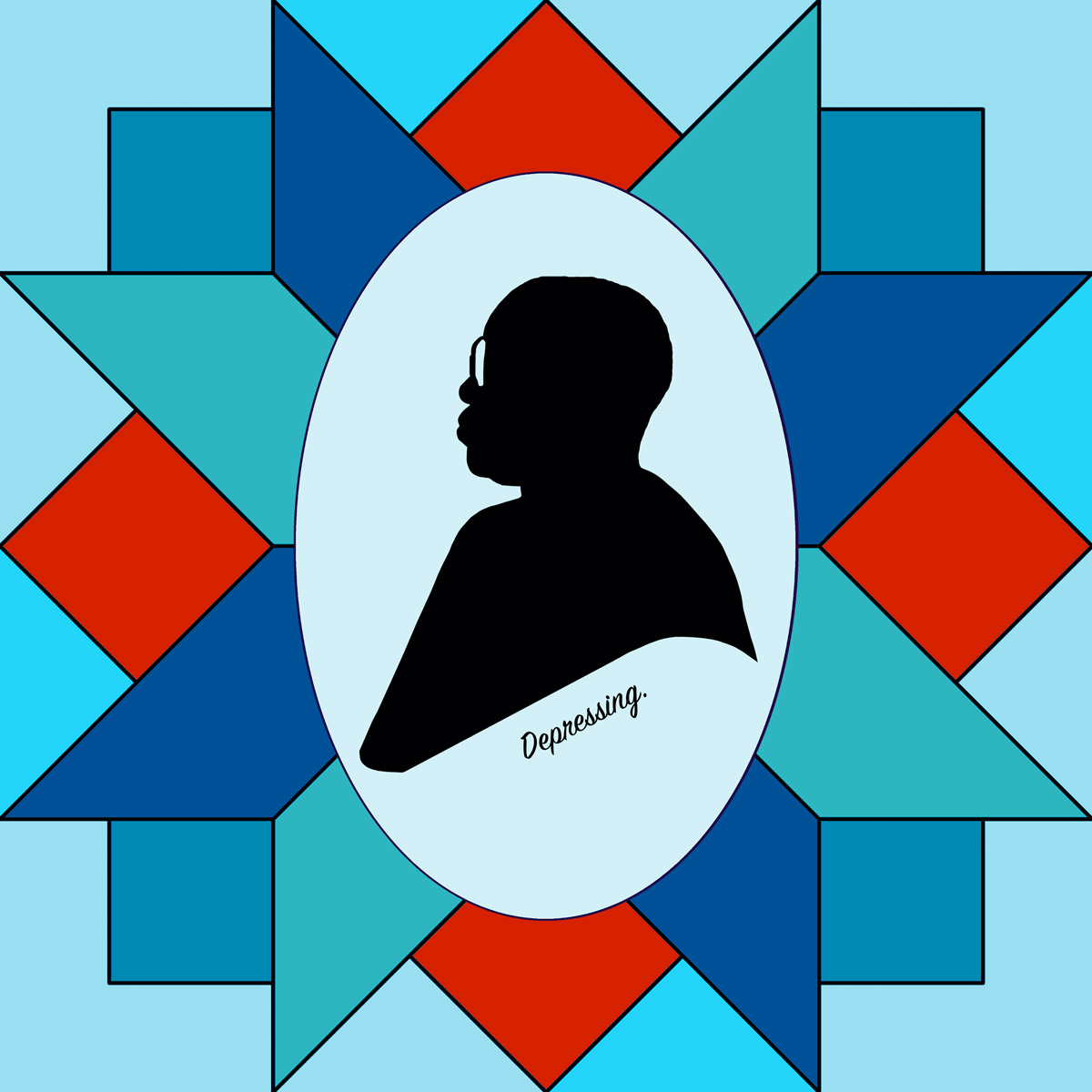
Through this project I am thinking about both culture and identity because the two go together. Specifically, I am thinking about food. Food in Cameroon has many meanings: it symbolises lifestyle, social status and is a gesture of reconciliation after settling major disputes; it marks the end of family meetings as well as official/public gatherings and is considered a welcoming gesture by a host to a visitor.
It is typical to eat Cameroonian food with your hands. I did not know about using cutlery and all that, it is something that had to be introduced to me. When we come to this part of the world it is something that we do not want to adopt, but that causes controversy. It is really awkward and it annoys some people. It creates that debate whether to leave Africa, come here and act like English people, but then you want to eat at home and you want to maintain the authenticity of that food. So I just think that food symbolises integration. Integration both ways."
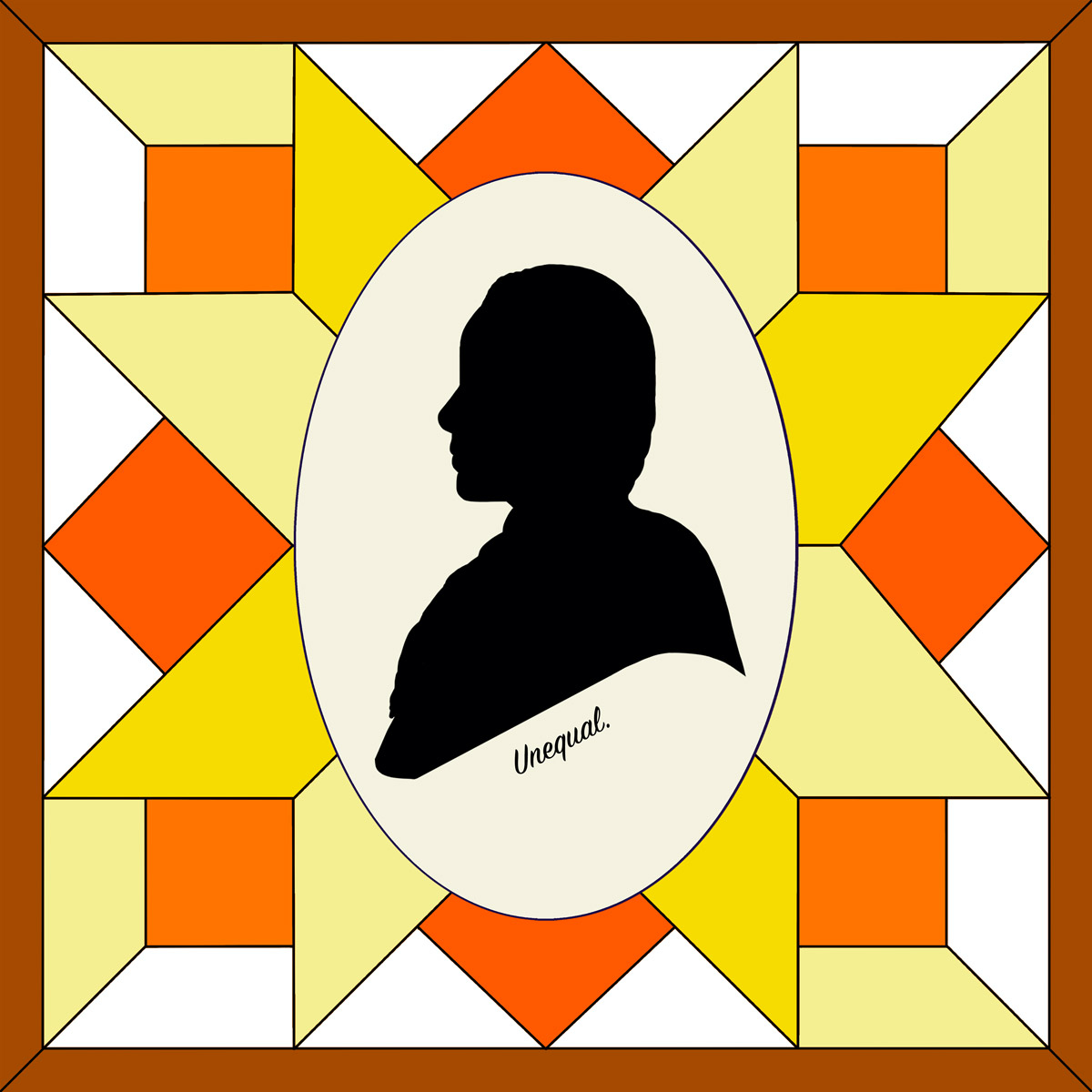
"My dream is to be a teacher, but in my country, they have a rule to say that LGBT+ people cannot be teachers. I want everyone to be treated the same, as equals. I want everyone to have the same opportunities to get a job. Before this happens we have to be strong and to know about ourselves.
Maybe that way we can still be happy before we reach the final stages of equality. It is very hard to know about yourself. I am a trans woman. The government in my country does not allow us which made my life really hard, and made it hard for me to feel strong. In the future, I just want to be a person with human rights, I want to be legal, I want the fighting to stop. If the government can change and all the LGBT+ people can live the same as straight people, then I will be happy."
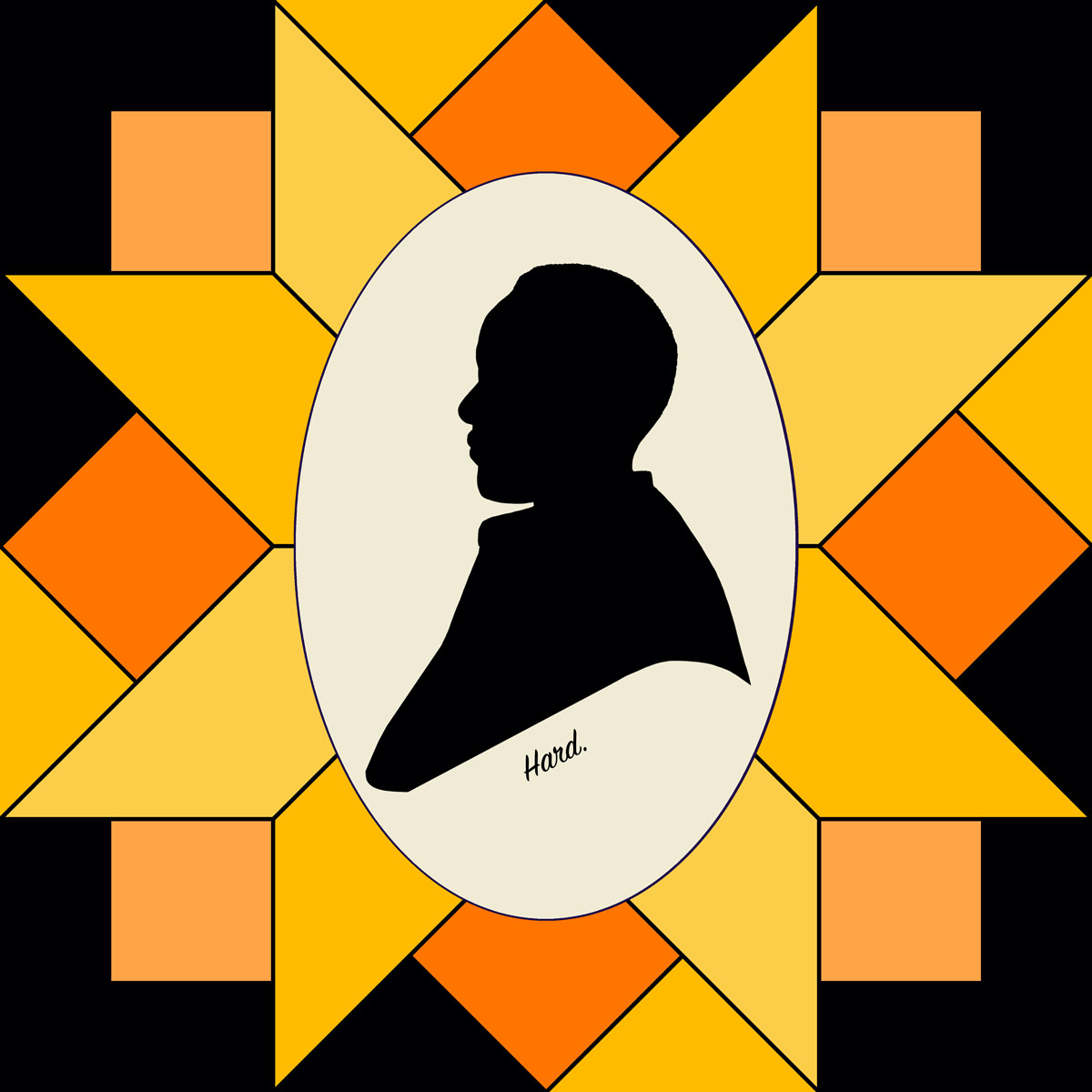
"I used to like this lady, she was a friend who worked at the same shop that I worked at. I told her that I loved her through a text. I got so many enemies from it. I was sad all the time and suicidal. When you try to express your feelings about someone you get hatred for it.
I stand with a shadow next to me. The shadow is black. I used to live like that shadow, cooped up with feelings but now I am this happy girl. I have tried love in this country, it didn’t work for me, but I am happier now. I am not like I was two or three years ago."
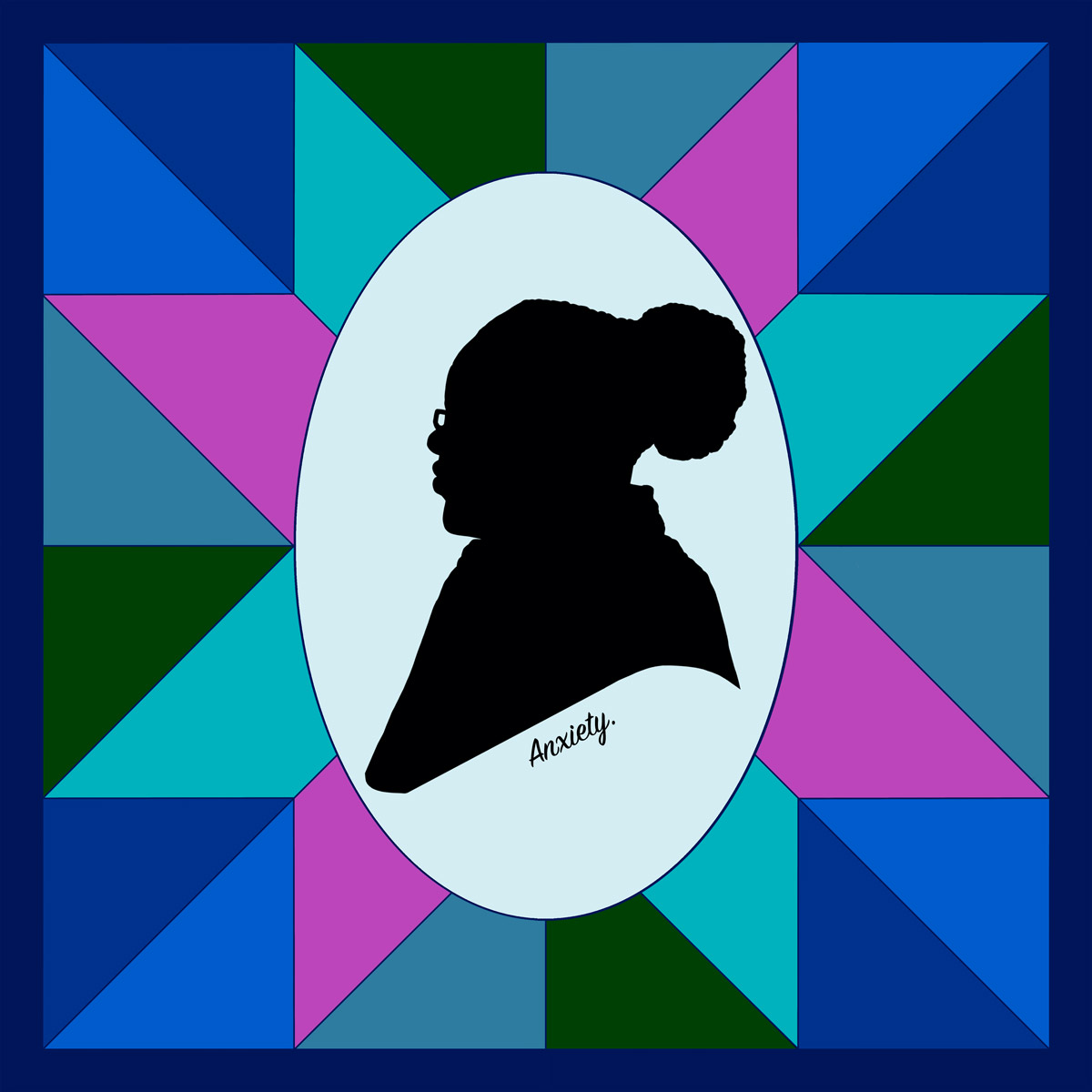
“As a young girl, I struggled a lot with my sexuality. I didn’t know how to describe my relationship to women, I didn’t even know the word lesbian. Unfortunately I got caught out by my parents and it escalated into so much struggle and stress that I have been carrying around and holding ever since. I was punished and beaten - they tried to circumcise me. I would say that they tried to do exorcism on me. I kept everything bottled up and was very careful the whole time I was with them.
They brought in scriptures to say it's wrong, you are not allowed to do it, to try and make me believe that way. It is not allowed in the family, it is not allowed as a child of God. It’s such a pity because through travelling I have realised that God is not partial and he loves us no matter what and who we are. As a lesbian, I have grown to understand that I am happy when I accept who I am.
I have a lot of messages to share: it is a pity that people are still struggling in my country, Nigeria. I have seen videos and pictures of people being maimed and murdered because of their sexuality. The same things that happened to me. It triggers so many emotions for me. If there is any way that I can help women from my country who are lesbians, I will do it."
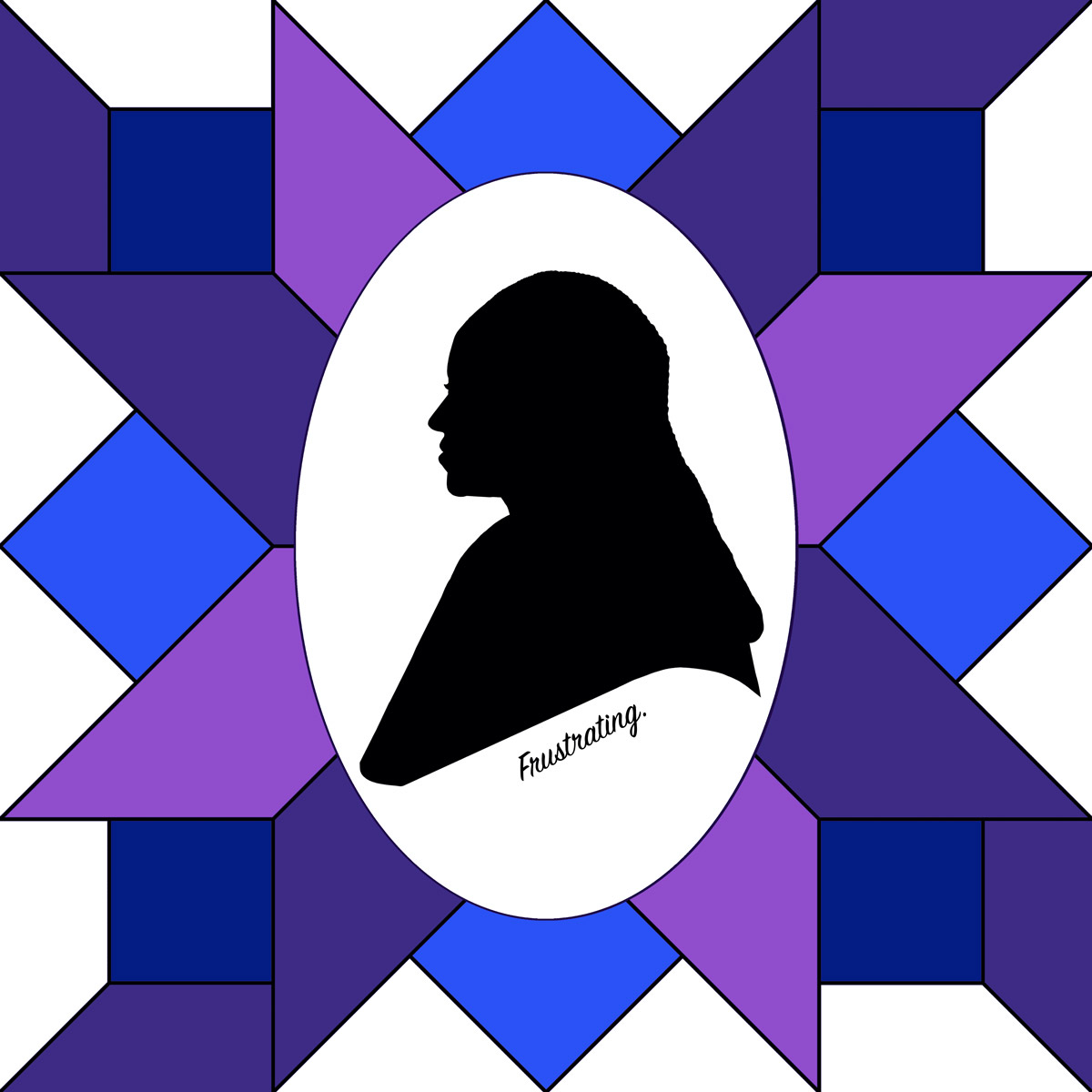
"In my culture, growing up being a girl, you are raised to be a woman. They tell you how a lady should be. They are preparing you for marriage. They say, ‘If you do this, no man will want to marry you. You have to be a good lady.’ I want to show that girls are not property or trophies to parents.
When you get married, parents are given cows or land. I want to show that it should not be like that, we women are not property. On sexuality, we have the right to choose who we love and we have the right to be who we are. We are not supposed to be stamped on or stepped on. For example, if they find out that you like girls, in the blink of an eye they will find a man for you to get married to, and it is not right for a girl to be exported like that. The same for men, if they are gay. I want our parents and family members to know that we have the right to be who we are."
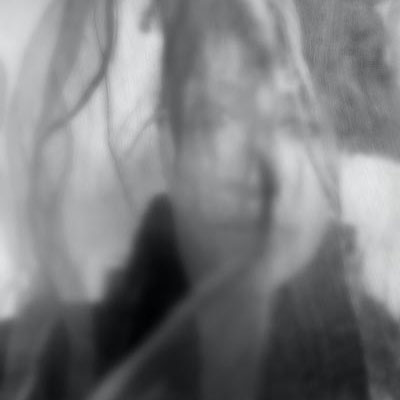
is an interdisciplinary artist, activist and educator of Eritrean descent who creates mixed-media artworks that challenge the status quo of stigma, prejudice and social injustice in relation to issues of race, class, identity and health, often combining text, image and experimental techniques to manipulate the photographic surface.
You can see more of Silvestri's work on the her website.
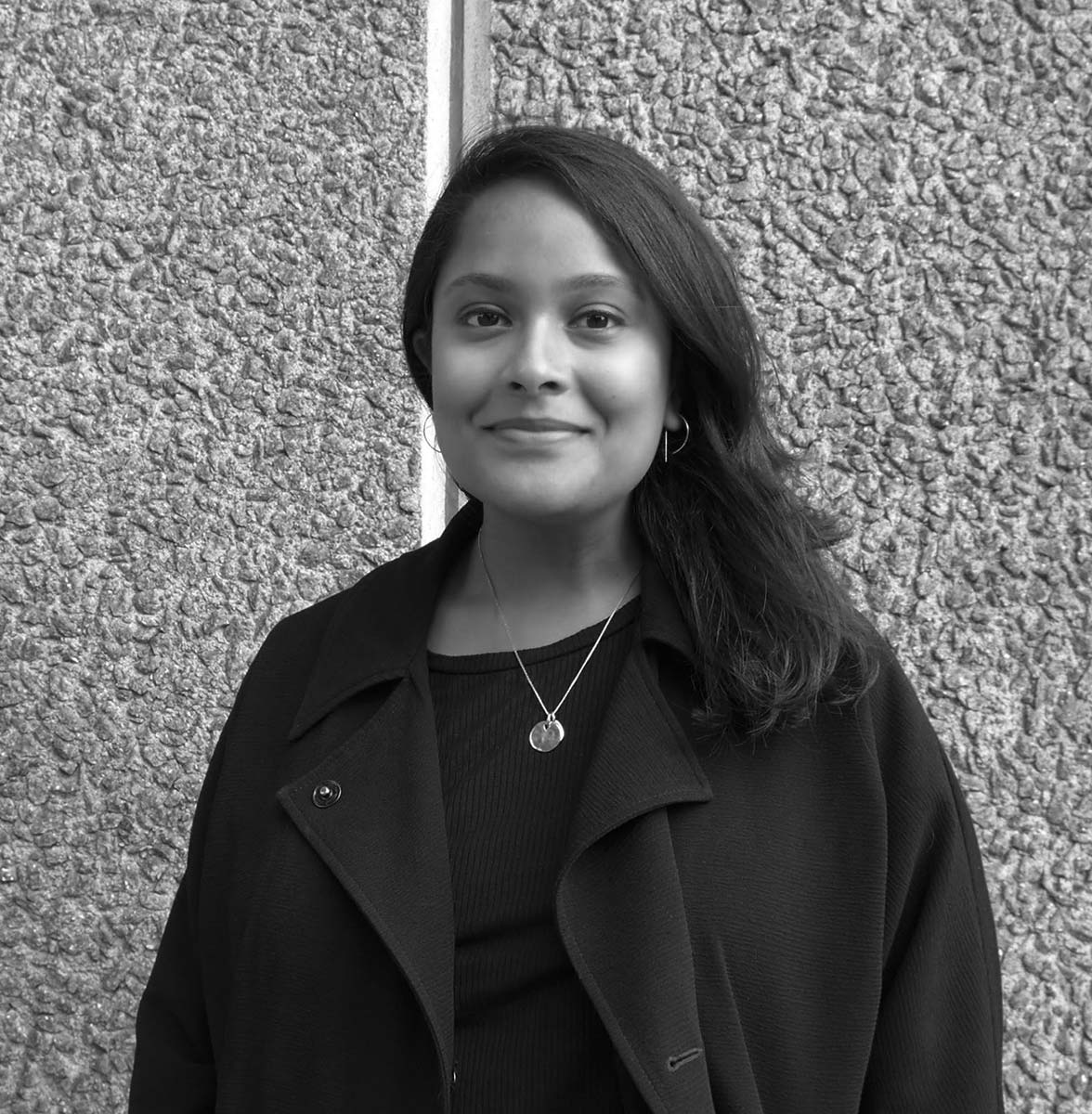
Bindi Vora is a British-Indian artist working with expanded photography, a visiting lecturer and curator at Autograph.
Since joining Autograph she has curated Poulomi Basu: Fireflies (2022), co-curated Care I Contagion I Community – Self & Other (2021-22); Lola Flash: [sur]passing and Maxine Walker: Untitled (both 2019) and contributed to a series of in-conversations with multidisciplinary artists including Mónica Alcázar-Duarte, Maryam Wahid, Tobi Alexandra Falade, and David Uzochukwu. She has written for publications including British Journal of Photography, FOAM and Loose Associations. Vora has contributed to public programmes at London Art Fair, GRAIN Photo Hub and The Photographers’ Gallery amongst others. She currently serves on the Curatorial Advisory Board for Amber-Side Gallery, Newcastle.
You can see more of Vora's work on her website.
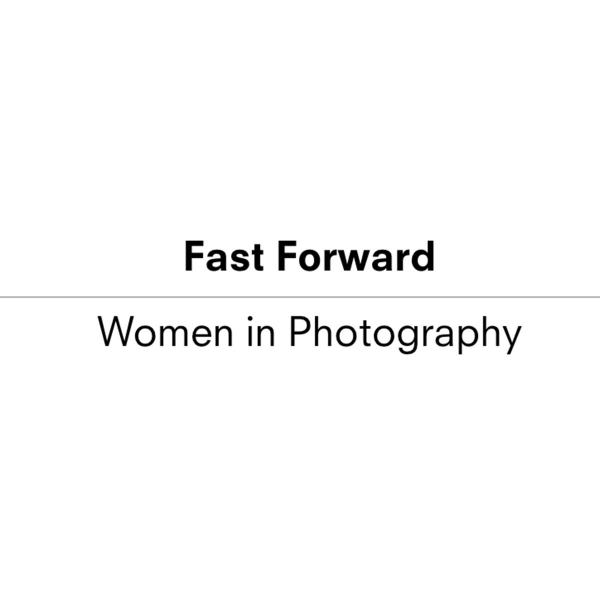
is a research project concerned with women in photography based at University for the Creative Arts.
The project has established a significance within the world of photography for highlighting the work of women photographers and for questioning the way that the established canons have been formed. Fast Forward is designed to promote and engage with women in photography across the globe, provoking new debate and ensuring that women are in the news and in the history books.
Find out more on their website.
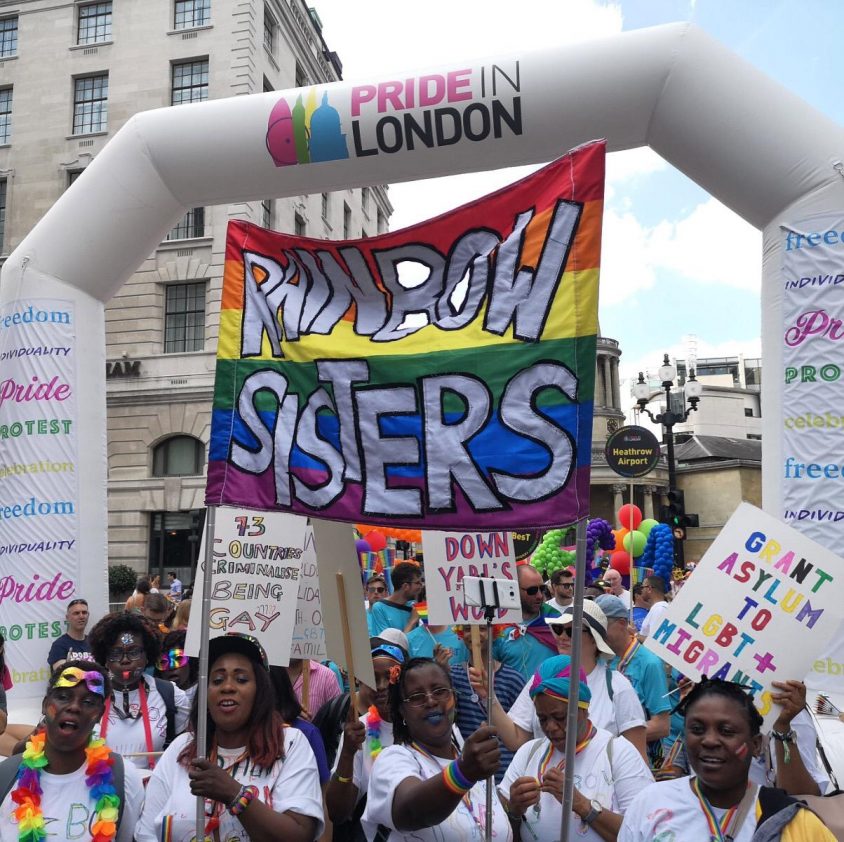
is a supportive, welcoming and confidential group open to lesbian, bisexual and trans women, and non-binary people seeking asylum.
The group provides a safe space that enables its members to understand and celebrate their gender and sexuality, often for the first time. They meet weekly and regularly welcome inspiring speakers and activists, and also join the annual London Pride parade and UK Black Pride celebrations.
Find out more about the group on Women for Refugee Women's website.







Project images courtesy of the participants.
Participant portraits made in collaboration with Aida Silvestri, to contribute to the Coronaquilt Silhouettes Initiative public art project.
Other images on page: 1) Courtesy Aida Silvestri 2) Portrait of Bindi Vora: Photograph by Laura Hensser for iheartwomen.co.uk 3) The Rainbow Sisters at Pride in London, courtesy of Women for Refugee Women.
Autograph is a space to see things differently. Since 1988, we have championed photography that explores issues of race, identity, representation, human rights and social justice, sharing how photographs reflect lived experiences and shape our understanding of ourselves and others.